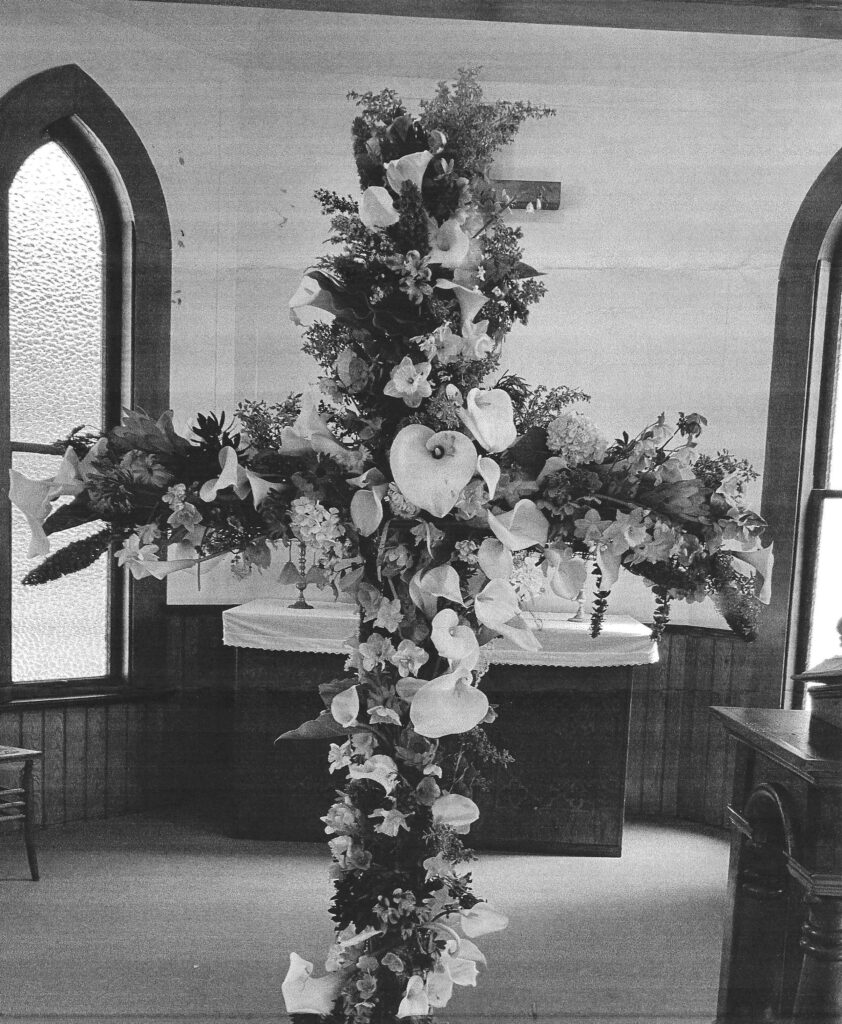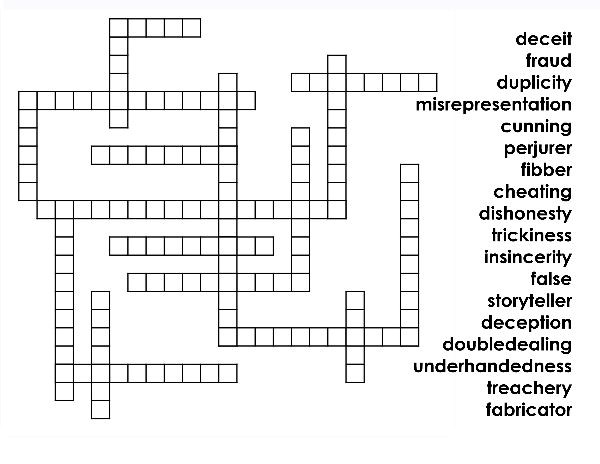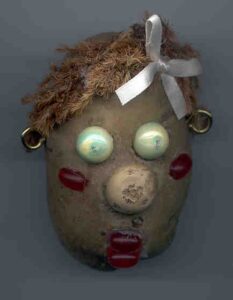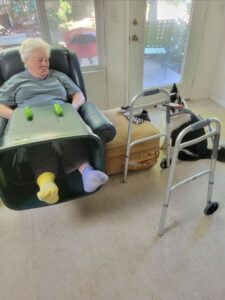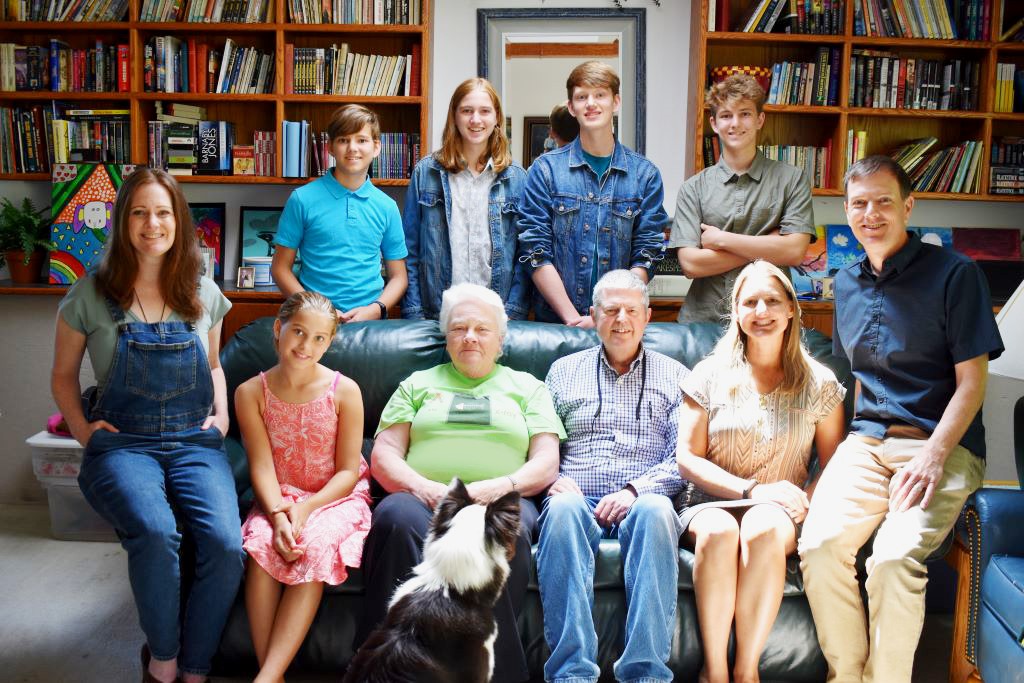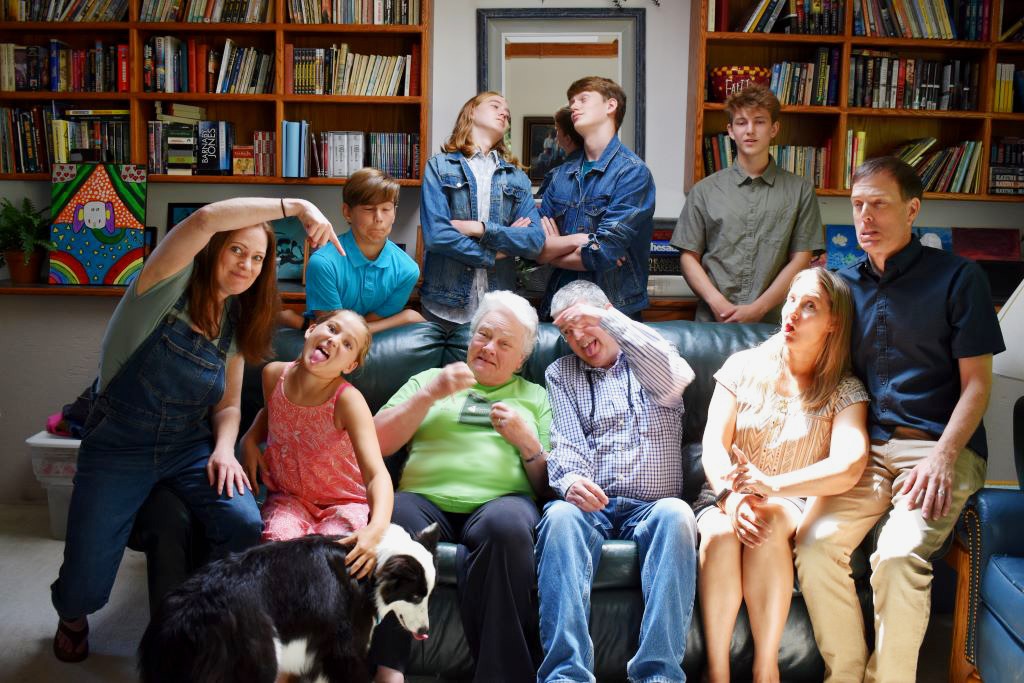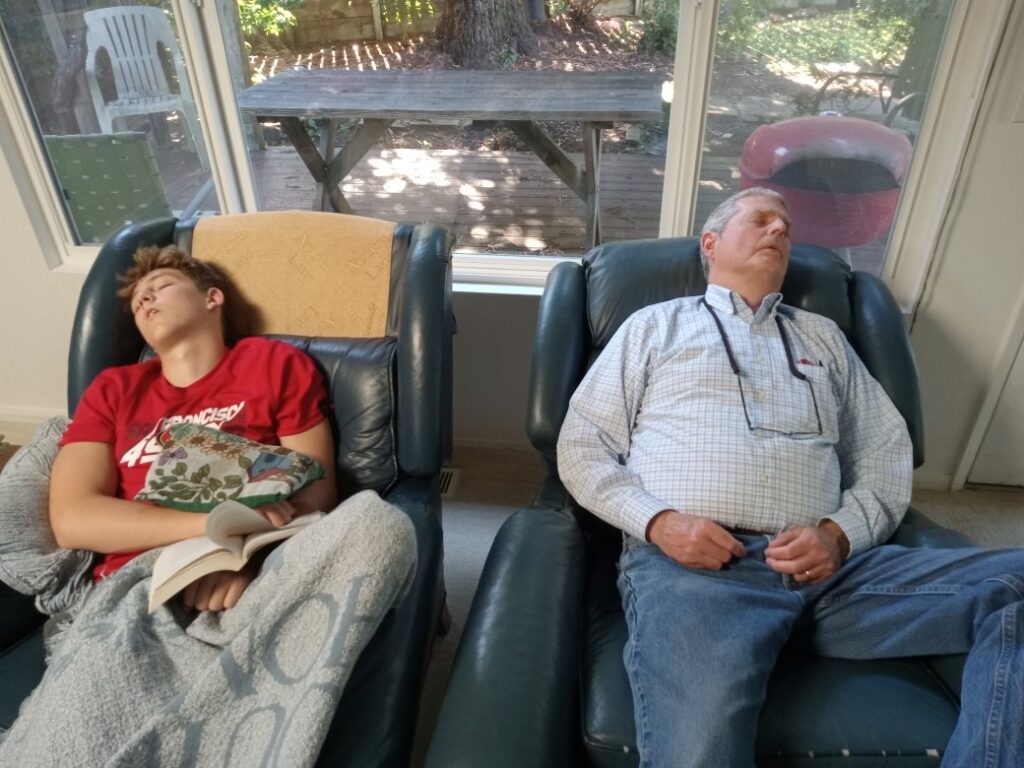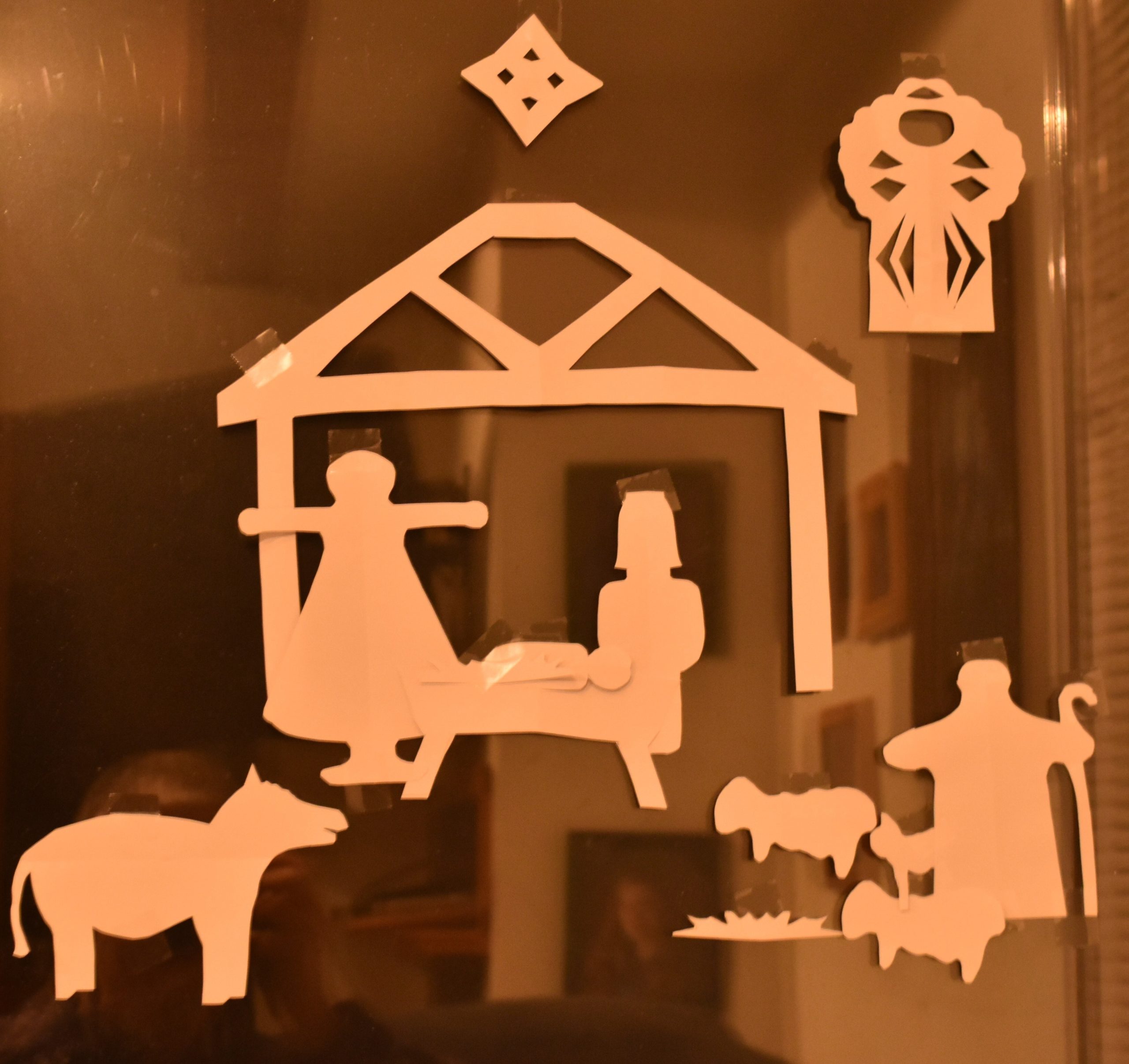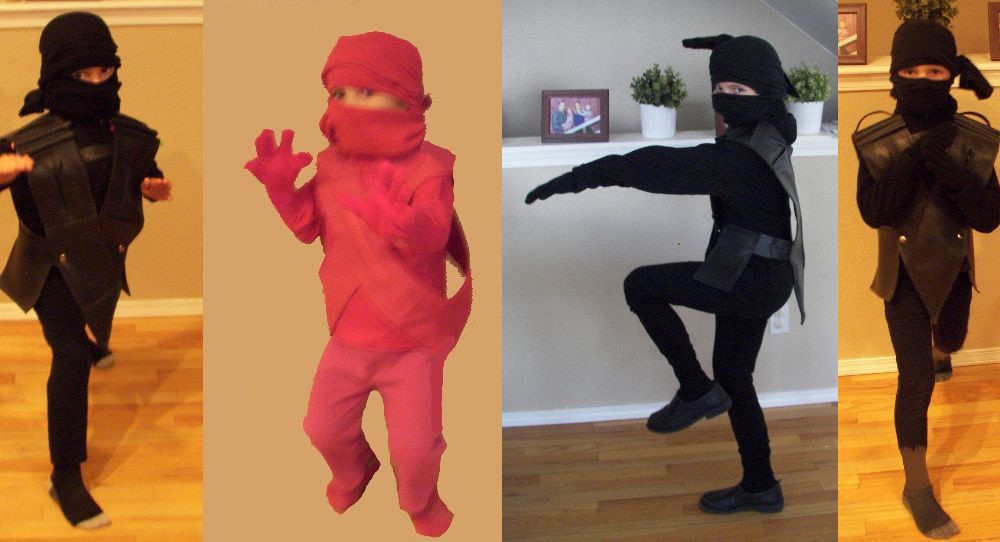Every family has their own way to say “thank you”. In my family, you do that in person whenever possible. If you are there when I open your gift to me, a personal “thank you” is enough. In this media-oriented day, it is almost always possible to open gifts in front of the giver. I encourage you to do that whenever possible and to take time saying “thank you” right then and there.
When it is not possible to open a gift in front of a giver, how do you say “thank you”? We have “snail mail”, email, text, and videos that can be used to convey a “thank you”.
What could be included in a “thank you” message? For the youngest children: a photo holding the gift with a smile on their face; a picture that the child has drawn with their parents’ explanations; a hug; an invitation to join them in play/use of the gift… In addition older children and adults can include information on why they like the gift, how they can use it, or who they can share it with.
So, what do you do when you don’t like or want the gift? This is a REAL challenge and will depend on your relationship with the giver. (I remember a story of how someone politely said they enjoyed a casserole dish which ended up getting made over and over again. After several years it became impossible to say that they didn’t really like it.) Is there a polite way of saying a gift doesn’t fit you or your life style, or is the wrong color, or you already have one? Perhaps simply acknowledging that you really value the giver will help with this? Regardless of the reasoning, a “thank you” should always be given in a timely manner.
The real question is….how do you say “thank you” to Santa? You can’t ignore this question if you want to teach your children gratitude. Maybe Santa gets a letter and a picture mailed to him!
Another question is….how are you modeling saying “thank you”?
Here is a link for more information on St. Nicholaus:
https://kids.gwnews.com/news-shorts/celebrating-saint-nicholas?mkt_tok=NzEwLVFSUi0yMDkAAAGP46uUhISx1JA7UwWstTu5_KvdUoGvVTwRMLiJ-cMBqUidM3xFcLeHjKZXrwQIHBM5ZfG5ubzN6Y5R7wa4yCPDXb5W73jiROF3ayFSvry7fg
Here is a link to Grandma’s FREE printable bingo games. Scroll down and you’ll find a bingo game that uses the figures from Grandma’s “Christmas is Coming” advent book (Jesus IS Christmas) along with a Christmas bingo game (Family Christmas Bingo) that can be used in a public school classroom:
https://mygrandmatime.com/3019-2/visit-with-grandma/play-with-grandma/bingo-games/

